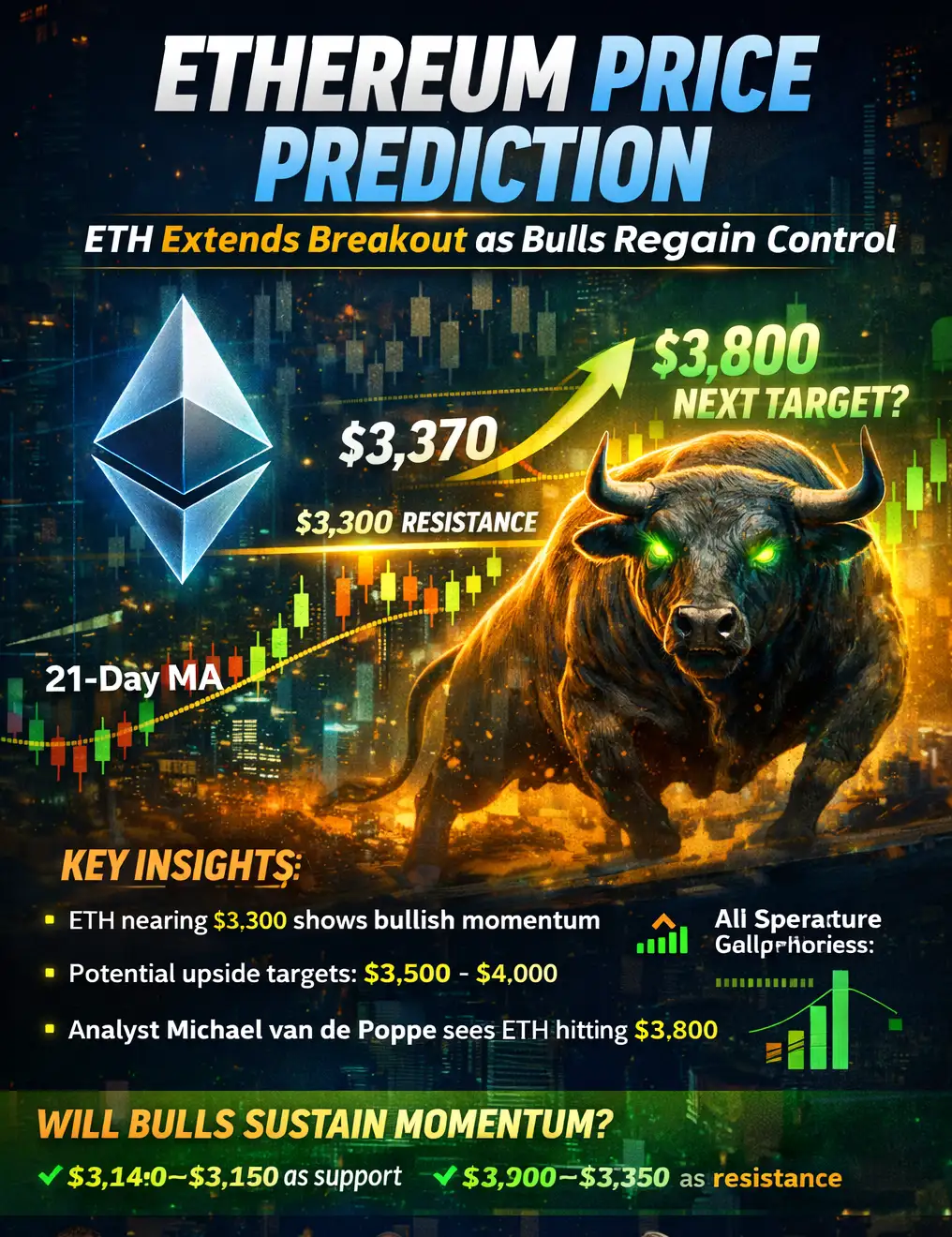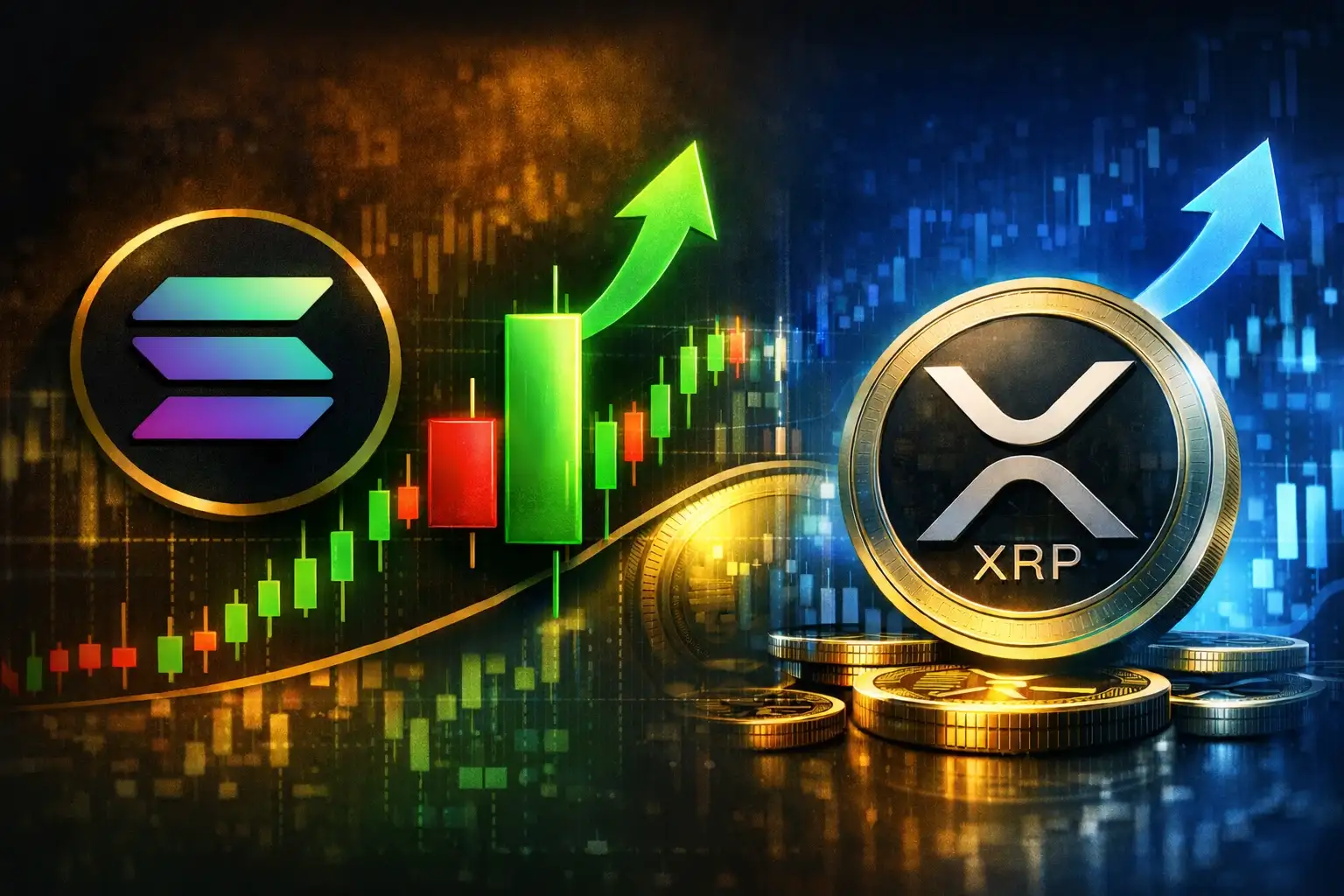
On May 9th, 2025, in a meeting that may prove to be a turning point for digital finance, BlackRock met privately with the U.S. Securities and Exchange Commission’s (SEC) Crypto Task Force.
The gathering was more than a routine check-in; it signaled a deepening dialogue between Wall Street’s most influential asset manager and the regulatory body that will shape the next chapter of crypto innovation.
The conversation inside that closed-door session focused on three transformative concepts: staking integration within ETFs, the expansion of tokenized investment products, and regulatory clarity for next-generation financial instruments.
While the details were initially hushed, emerging reports have started to sketch a picture of a powerful agenda at work–one that could redefine the future of investing.
At the heart of the discussion was BlackRock’s iShares Bitcoin Trust (IBIT), which has quietly grown into one of the most formidable spot Bitcoin ETFs on the market.
As of May 2025, IBIT has amassed billions in assets under management, drawing institutional and retail investors alike.
But BlackRock isn’t satisfied with the status quo. Sources confirm that the firm is actively lobbying for the right to incorporate staking capabilities into future crypto ETFs–a game-changing move that would allow holders of Ethereum-based products to earn passive rewards by validating blockchain transactions.
This is a radical departure from ETFs' traditional “buy-and-hold” structure. If approved, it would give everyday investors exposure not only to the value of crypto assets but also to the yield-generating mechanisms native to blockchain ecosystems.
What Is Staking, and Why Does It Matter?
In proof-of-stake (PoS) blockchains like Ethereum, staking involves locking up tokens to help secure the network. In return, stakers earn rewards–a kind of dividend paid in crypto.
While institutions have long found ways to participate in staking through custodians and validators, mainstream investors have largely been left out.
BlackRock’s push for staking-enabled ETFs would change that. Imagine buying shares of an Ethereum ETF that automatically accrues staking rewards.
This could transform ETFs from passive trackers into yield-bearing instruments, a development with enormous implications for fund design, investor income, and risk assessment.
But this raises questions: How would rewards be distributed? Would investors be taxed differently? Could this be viewed as a security offering? These are the types of legal and logistical concerns BlackRock and the SEC are reportedly hashing out.
Another major topic on the agenda was BlackRock’s BUIDL fund, a tokenized investment vehicle built on Ethereum that represents positions in U.S. Treasury bills and repurchase agreements.
With over $2.9 billion in tokenized assets, BUIDL is among the largest real-world assets (RWA) initiatives in the world.
By putting traditional financial products on a blockchain, BlackRock hopes to increase transparency, settlement speed, and accessibility. Investors can hold fractionalized pieces of real-world debt instruments that are fully on-chain and programmable.
During the meeting, the SEC reportedly sought clarity on how these tokenized products comply with existing regulations. Are they governed by securities laws? Do they fall under banking rules? And how will investor protections be enforced?
If the regulatory fog clears, BUIDL could become the blueprint for a new era of blockchain-native financial instruments–a bridge between legacy finance and the Web3 ecosystem.
BlackRock’s initiatives are not occurring in a vacuum. As of May 9TH, 2025, IBIT’s performance shows solid investor confidence. The ETF has gained 7.89% year-to-date, closing at a net asset value (NAV) of $58.89.
Its asset inflows now rival legacy ETFs like SPDR Gold Trust (GLD), suggesting that institutional investors are hedging not with gold, but with Bitcoin.
The crypto broker market has responded favorably to news of the SEC meeting. Bitcoin prices have remained above $63,000, while Ethereum has hovered near the $3,150 mark.
Analysts suggest this price stability reflects growing optimism that U.S. regulators are inching toward crypto integration rather than opposition.
If the SEC greenlights staking-enabled ETFs, analysis forecasts a 10-15% surge in Ethereum prices, fueled by increased demand from ETF issuers looking to stake large holdings. The spillover effect could elevate Layer-1 chains and RWA tokens, triggering a new altcoin season.
What makes this meeting truly historic is the signal it sends: Wall Street and Washington are not only coexisting with crypto–they’re beginning to collaborate.
BlackRock isn’t a lone wolf. Fidelity, Franklin Templeton, and ARK Invest pilot tokenized funds or spot ETFs.
This convergence means that the financial products of tomorrow will likely be hybrid in nature–traditional in structure, blockchain-based in function.
We may soon see ETFs with staking rewards, bonds issued on-chain, and 401(k) plans with tokenized asset exposure.
But regulatory clarity remains the linchpin. As the SEC continues to refine its rulebook, the industry awaits decisions that could either unleash a wave of innovation or clamp it down with compliance hurdles.
On-Chain Media articles are for educational purposes only. We strive to provide accurate and timely information. This information should not be construed as financial advice or an endorsement of any particular cryptocurrency, project, or service. The cryptocurrency market is highly volatile and unpredictable.Before making any investment decisions, you are strongly encouraged to conduct your own independent research and due diligence
Tags :

0 Comments
Show More

Ethereum shows renewed bullish momentum above key levels near $3,330.

Bitcoin trades at a critical crossroads as price compresses near resistance. Analysts debate whether BTC breaks $100K or faces another correction.

Solana is showing a bullish engulfing candlestick that could drive prices toward $150. Analysts forecast a potential 600% surge for XRP if market momentum strengthens.
On-Chain Media is an independent, reader-funded crypto media platform. Kindly consider supporting us with a donation.
bc1qp0a8vw82cs508agere759ant6xqhcfgcjpyghk
0x18d7C63AAD2679CFb0cfE1d104B7f6Ed00A3A050
CBaXXVX7bdAouqg3PciE4HjUXAhsrnFBHQ2dLcNz5hrM
Contains the last 12 releases